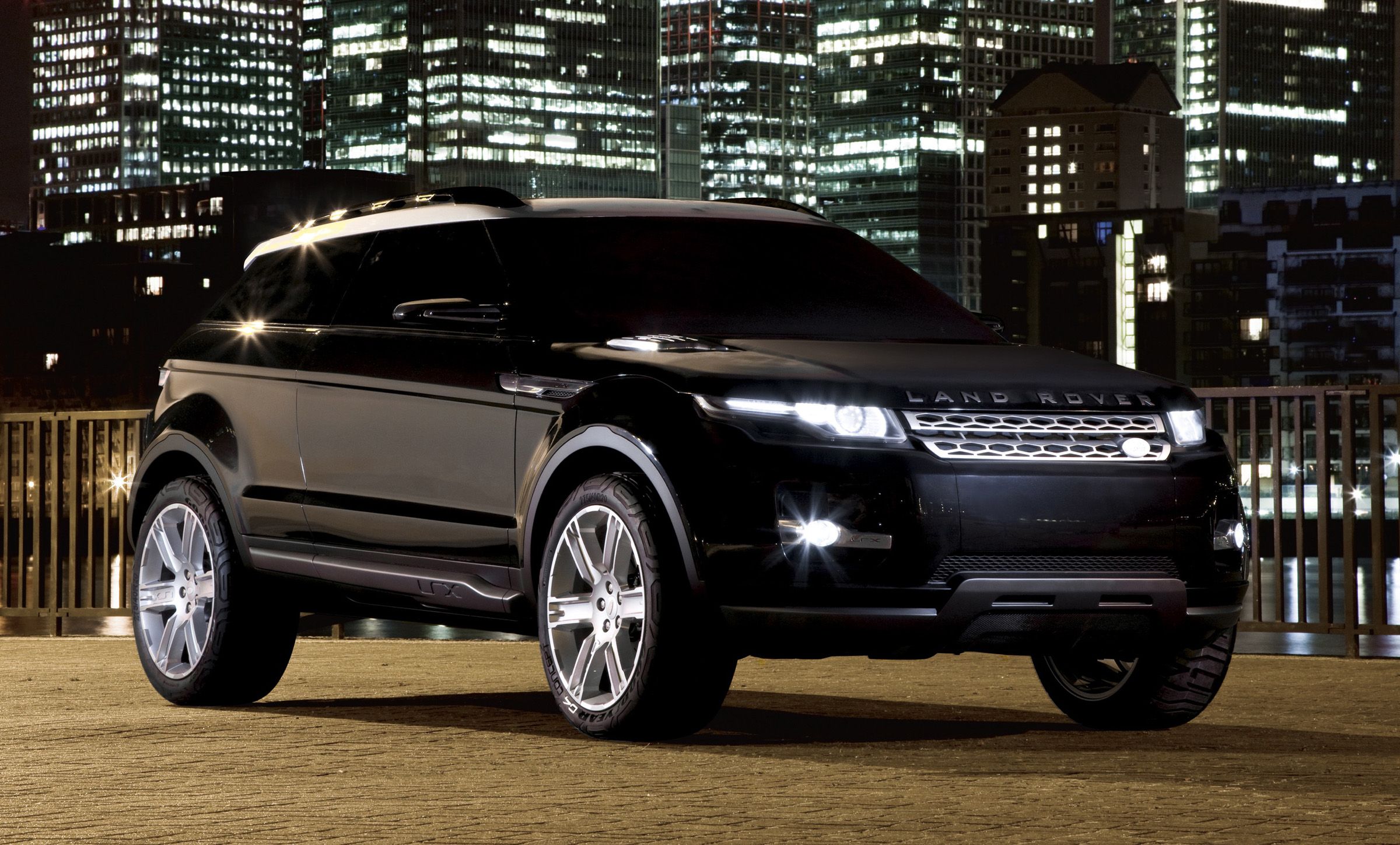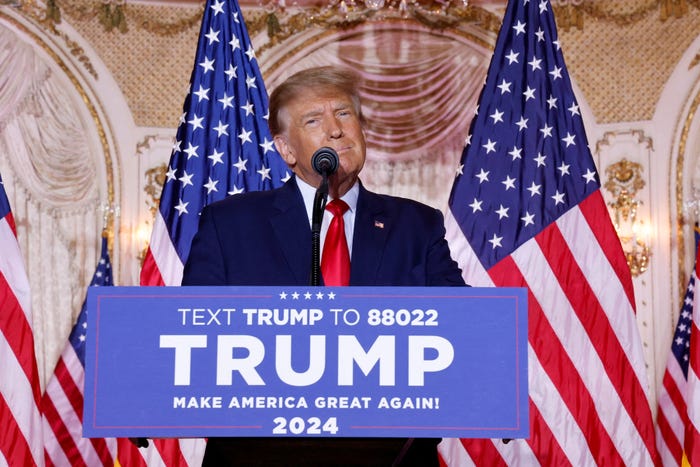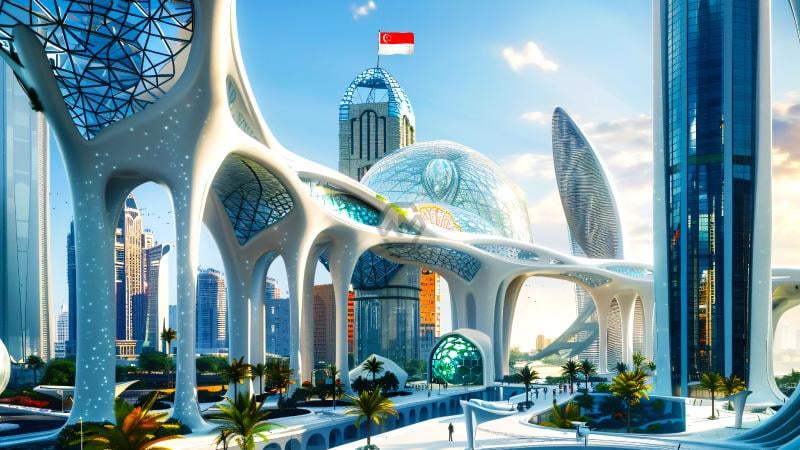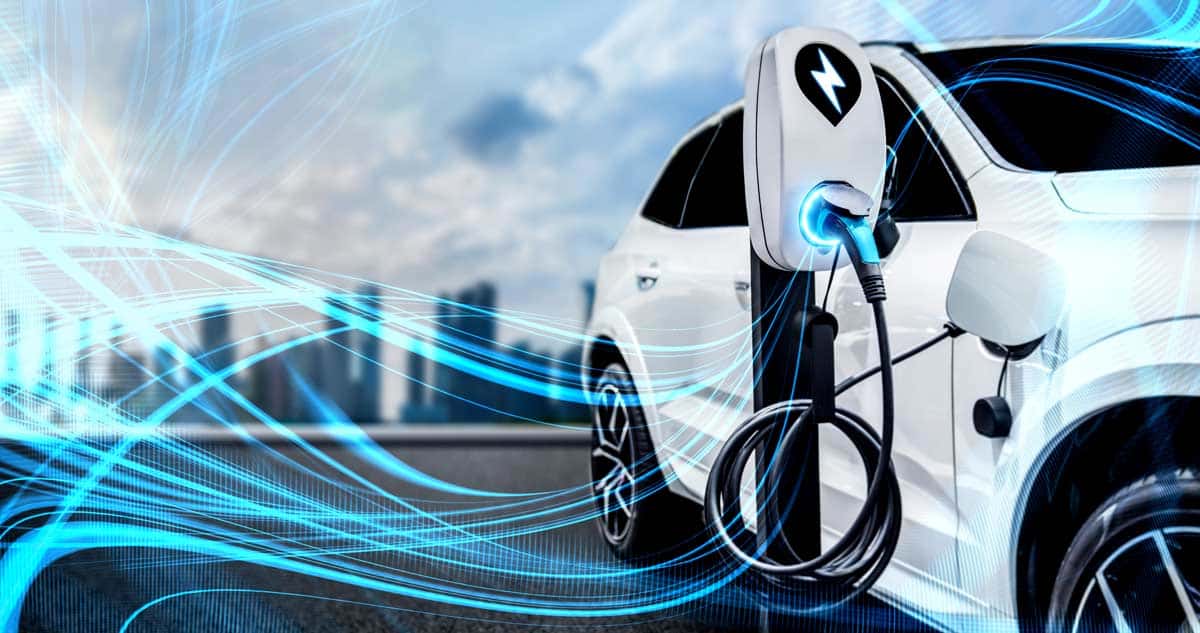The Future Of Luxury Car Sales In China: Lessons From BMW And Porsche's Experiences

Table of Contents
Understanding the Unique Chinese Luxury Car Consumer
The Chinese luxury car consumer is not a monolithic entity. Understanding their nuances is crucial for success.
Shifting Demographics and Preferences
The demographic profile of Chinese luxury car buyers is evolving. While older, established wealth still plays a significant role, a younger, tech-savvy generation is rapidly emerging as a key driver of growth. This shift impacts preferences:
- Preference for specific brands: While established European brands like BMW and Porsche remain popular, domestic and other international brands are gaining traction, appealing to a desire for both prestige and uniqueness.
- Technology features: Advanced driver-assistance systems (ADAS), connectivity features, and electric vehicle (EV) options are highly sought after. The Chinese market is particularly receptive to cutting-edge technology.
- Vehicle types: SUVs and crossovers continue to dominate the luxury segment, reflecting a preference for spaciousness and versatility. However, demand for sporty sedans and performance vehicles remains strong.
Social media and online reviews exert immense influence on purchasing decisions. Negative online sentiment can severely damage a brand's reputation, while positive reviews and influencer marketing campaigns can significantly boost sales.
The Importance of Brand Perception and Prestige
In China, luxury car purchases are often viewed as status symbols. Brand image and prestige are paramount. BMW and Porsche have successfully cultivated strong brand perceptions:
- Successful branding strategies: BMW emphasizes its engineering prowess and driving dynamics, while Porsche cultivates an image of exclusivity and performance. Both brands invest heavily in maintaining their brand image through consistent messaging and high-quality customer experiences.
- Celebrity endorsements and brand collaborations: Strategic partnerships with influential celebrities and popular brands resonate strongly with the target audience. These collaborations amplify brand visibility and create aspirational associations.
Digitalization and Online Sales Strategies
The digital landscape is transforming luxury car sales in China. Ignoring the power of online channels is a recipe for failure.
The Rise of Online Retail and E-commerce
Online platforms are rapidly becoming vital sales channels for luxury car brands. BMW and Porsche have embraced this shift:
- Successful online sales initiatives: Both brands offer online configurators, allowing customers to personalize their vehicles virtually. They have also invested in robust e-commerce platforms, streamlining the purchase process.
- Virtual showrooms and online configurators: These tools enhance the customer experience, making it convenient to explore options and customize vehicles before visiting a physical dealership.
Leveraging Social Media and Digital Marketing
Targeted digital marketing campaigns are essential for reaching the Chinese luxury car consumer. BMW and Porsche effectively utilize social media:
- Successful social media strategies: Both brands maintain active presences on WeChat, Weibo, and other popular platforms, engaging with customers through targeted content and interactive campaigns.
- WeChat and other popular Chinese social media platforms: These platforms provide valuable opportunities for direct customer engagement, brand building, and targeted advertising.
Adapting to Local Market Needs and Preferences
Successfully navigating the Chinese market requires understanding and responding to local needs and preferences.
Customization and Localized Product Offerings
Tailoring products and services to meet the specific demands of Chinese consumers is critical:
- Successful product localization strategies: This includes offering specific features and options catering to Chinese tastes and preferences, such as unique trim levels or technology packages.
- After-sales service and customer support: Providing exceptional after-sales service builds loyalty and strengthens brand reputation.
Navigating Government Regulations and Policies
The Chinese automotive market is subject to various government regulations and policies:
- Successful strategies for complying with regulations: Strict adherence to environmental regulations and emission standards is paramount.
- Influence of environmental policies on the automotive industry: The increasing emphasis on electric and new energy vehicles presents both opportunities and challenges for luxury car manufacturers.
Conclusion
The success of BMW and Porsche in China highlights the importance of understanding Chinese consumer behavior, embracing digitalization, and adapting to local market demands. To thrive in the future of luxury car sales in China, companies must prioritize these factors. The lessons learned from these established brands provide a crucial roadmap for navigating this competitive and dynamic market. Further research into the evolving trends in Chinese luxury car consumption is recommended for a deeper understanding of this lucrative sector.

Featured Posts
-
 Trumps Stance On Banning Congressional Stock Trading Key Takeaways From Time Interview
Apr 26, 2025
Trumps Stance On Banning Congressional Stock Trading Key Takeaways From Time Interview
Apr 26, 2025 -
 Egypts Ahmed Hassanein On The Cusp Of Nfl History
Apr 26, 2025
Egypts Ahmed Hassanein On The Cusp Of Nfl History
Apr 26, 2025 -
 Global Economic Ranking Californias Ascent To Number Four
Apr 26, 2025
Global Economic Ranking Californias Ascent To Number Four
Apr 26, 2025 -
 Chat Gpt And Open Ai The Ftc Investigation Explained
Apr 26, 2025
Chat Gpt And Open Ai The Ftc Investigation Explained
Apr 26, 2025 -
 Chinas Auto Industry A Look At The Future Of Electric Vehicles
Apr 26, 2025
Chinas Auto Industry A Look At The Future Of Electric Vehicles
Apr 26, 2025
